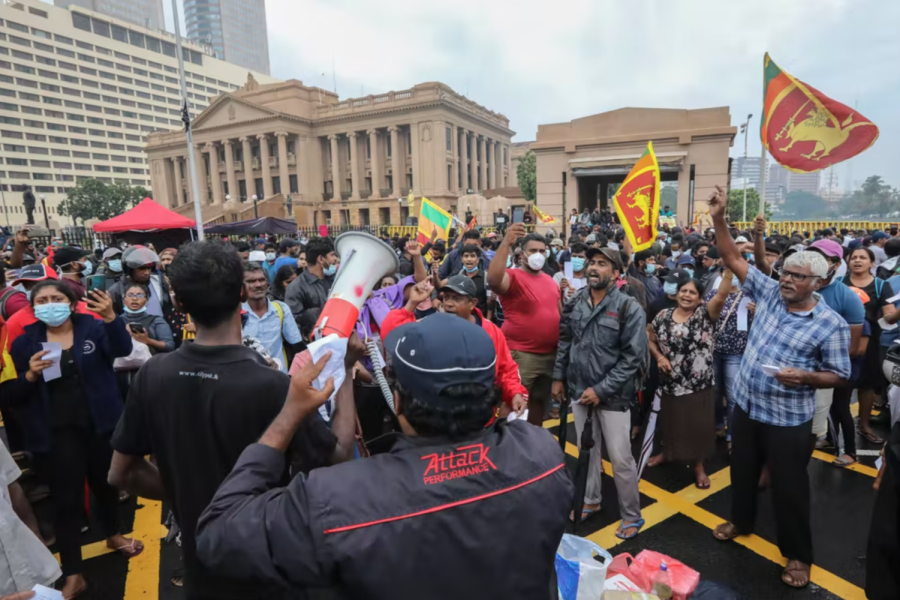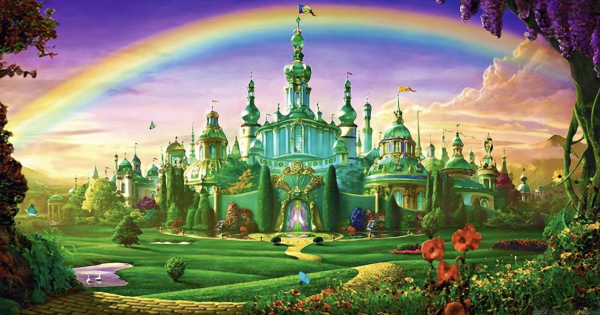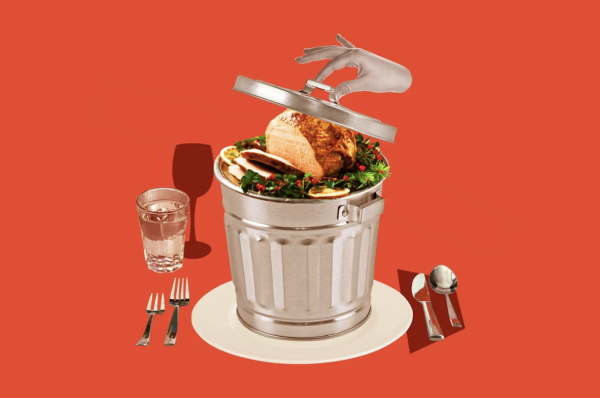Sri Lanka in Economic Chaos
On the international stage right now, all eyes appear to be set on the conflict between Russia and Ukraine that heated up once again in late February. Such an attitude by the general populace is reasonable; this is the largest conflict that Europe has seen since World War II, and it has resulted in a massive refugee crisis and a new wave of economic sanctions by western powers against the Russian Federation.
The economic implications that this conflict has for developing countries across the world is overlooked. Sri Lanka is an island nation off the coast of the Indian subcontinent, and it has seen its already troublesome economic situation worsen as a result of the outbreak of conflict in Ukraine. Modern history has not been very kind to this country; Sri Lanka’s export-based economy has constantly found itself requiring loans from the International Monetary Fund to remain afloat, and the country was ravaged by a 25-year long civil war from the 1980s to the 2000s. On top of that, it suffered a devastating terror attack by ISIS in 2019, which resulted in the election of Gotabaya Rajapaska as prime minister, as he campaigned on ramping up security measures.
Now, Sri Lanka has defaulted on its foreign debt, and mass economic protests have broken out across the country. Inflation has reached a record high in the country: over 17.5%. Issues with monetary policy are worsened by Sri Lanka’s reliance on imports for basic necessities such as food, and a lack of foreign exchange reserves. In addition, with the Ukrainian grain exports being hit by the war, food prices in Sri Lanka are likely to remain extremely high for the time being. Rajapaska announced his resignation from office as a result.
Further, the Sri Lankan healthcare system is also performing badly, as it was already under pressure from the COVID-19 pandemic. The country imports around 85% of its supplies pertaining to medicine, and hospitals across the country have expressed concern about shortages of items such as antibiotics, painkillers, and drugs necessary for anesthesia and surgeries.
Disruptions in the global supply line and the recent uptick of Covid in China are certainly not going to help the Sri Lankan economy get back on its feet in the short term. The country is reliant on trade for economic stability, and the inability to import goods from the “world’s factory” is only going to keep the cost of living in the country too high for average Sri Lankans.
As the country appears to be headed for its 17th loan from the International Monetary Fund, many in Sri Lanka have become more skeptical and pessimistic about how the post-World War II financial system has performed in recent years. The war in Ukraine, the economic holdup in China, and the reluctance of the United States to be the world’s policeman implies that developing countries may be in for a rough century, as people in developed countries become ever more critical of the highly globalized economy.
Works cited:
https://www.nytimes.com/2022/03/25/world/asia/sri-lanka-economic-crisis.html
https://www.bbc.com/news/world-asia-61111405
https://edition.cnn.com/2019/11/17/asia/sri-lanka-election-intl/index.html









